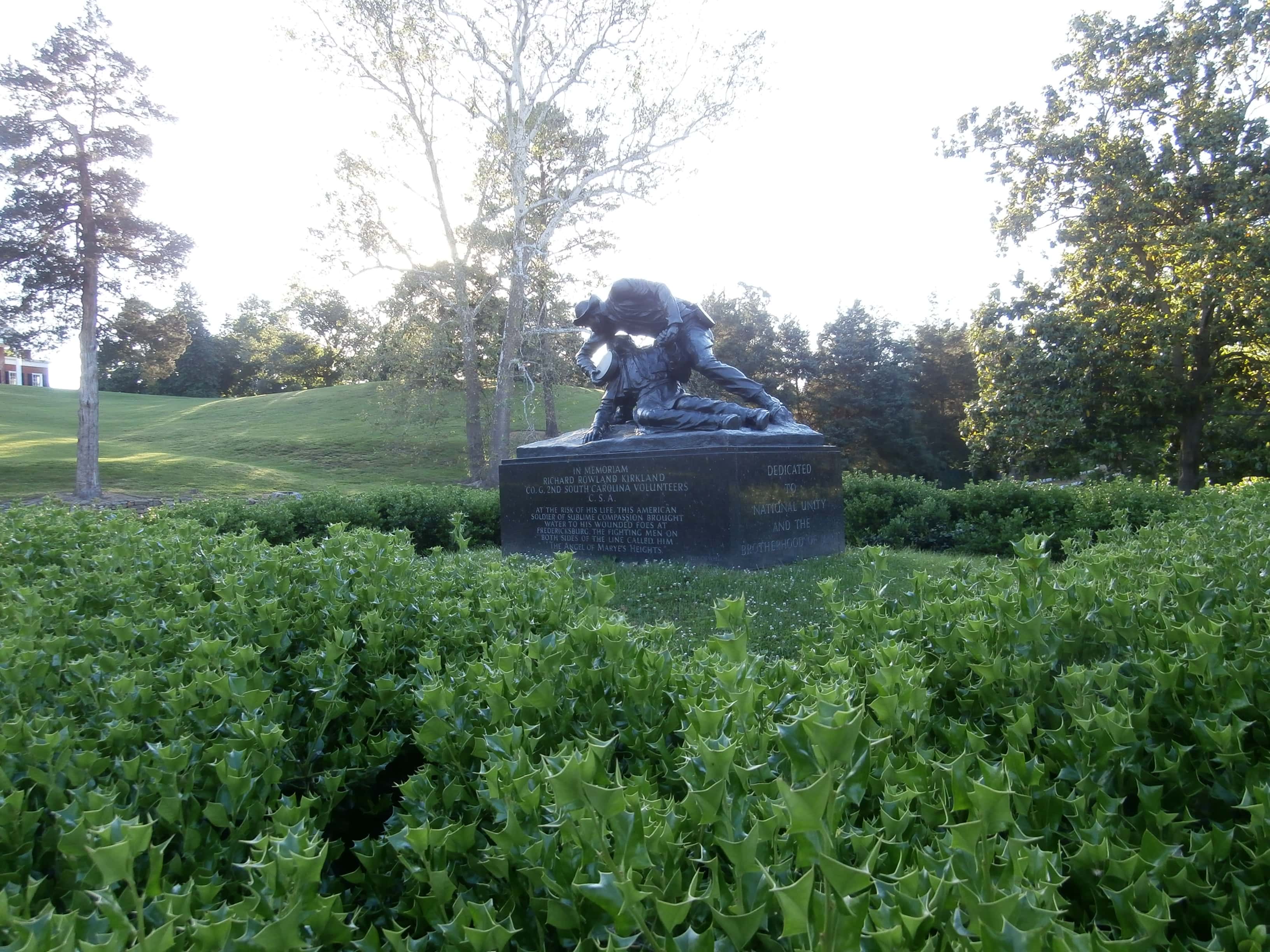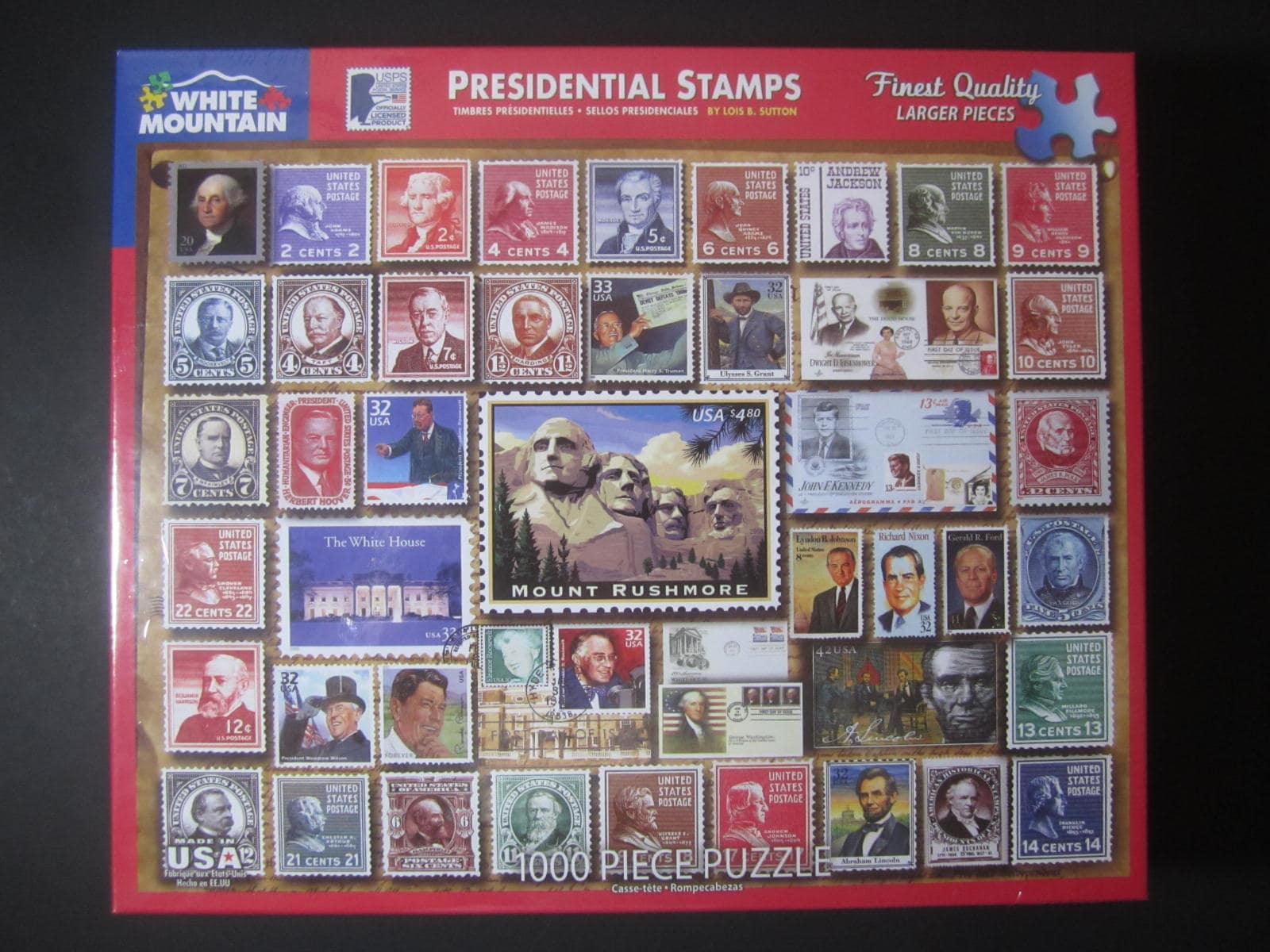Not Good Enough
It was just before the Sunday School class was set to start. It was a very popular class, so, in order to get a good seat, you had to get there early. Most of the class was probably upper middle class or their families were long standing members of the church. I was a plumber at the time, so I didn’t really fit into this crowd, but I really liked the teacher.
As I sat there I started listening to the conversation most of them were having with each other. Seems like there was this party most of them had gone to the night before. I felt a little awkward. One couple sitting right next to me even talked around me as I sat there. I’m not even sure they acknowledged my presence.
The teacher had a lesson, but before he started teaching he asked us to break up in pairs. He didn’t want us to stay as couples. Everyone grabbed a buddy as I sat there wondering where I should go. In a musical chairs type moment, it became obvious that there were an odd number of people and I was the one left alone. Sensing the awkwardness of the situation the teacher decided to team up with me.
John Cleves Symmes was a strong supporter of the American Revolution. He would lend most of his money for that cause. When the war would actually begin he would serve as a Colonel in the 3rd Regiment of the Sussex County militia. Several times his unit was called to serve with the Continental Army.
In 1776, Colonel Symmes was elected to the New Jersey Legislative Council, which would one day become the New Jersey Senate. He would serve on the New Jersey Supreme Court in 1777 and in 1778. In 1779, the now Judge Symmes would marry the Governor’s daughter, Susannah.
Judge Symmes would represent New Jersey in the Continental Congress from 1785-1786, but in 1788 he would move out west to North Bend, Ohio. He would serve as a judge of the Territorial Court until Ohio became a state.
The Sunday School teacher now gave us an assignment. We were to talk to the other person and find out something we didn’t already know about the other person that we also had in common with them. He would give us about ten to fifteen minutes and then we would go around the room and share our results.
The teacher worked at a local Navy base and I worked on a construction site. The teacher used a computer all day and I used hand and power tools all day. The teacher could solve almost any math problem and I could get vent piping through a roof. The more we talked, the more we realized we had almost nothing in common.
The time was coming to a close and we had to come up with something. We decided that we knew different people who were best friends. That was about all we had in common.
As we went around the room I was getting a little depressed as most people had some really cool common interests. When it came our turn to explain our results, the teacher took the lead and put a nice spin on the fact that we had absolutely nothing in common except two friends of ours were best friends.
One of the most amazing parts of Biblical history is how very little we actually know about the characters that grace its pages. Most of the messages come across loud and clear, but little is sometimes known about those who deliver that message. We are left to piece together clues and take “educated” guesses as to what these special people were really like.
One of those Bible characters is the son of Amoz. Little hints dot the landscape to offer us guesses as to what the man himself was really like and the steps his life might have taken. One thing is for sure, he ended up being one of the big Prophets of the Bible.
Amoz must have been pretty well off because his son comes across as very well educated in his writing style. Amoz must have had some clout because his son would talk to kings. The average person didn’t just walk in and talk to the king.
Judge Symmes would purchase 311,682 acres in southwest Ohio from Congress. On October 30, 1794, George Washington would sign a patent that would convey 248,250 acres to him for a trust for an academy. This became known as the Symmes Purchase.
Judge Symmes had three beautiful daughters: Maria, Mary and Anna. Anna was the youngest. Anna grew up in Long Island. She received a very good education, which was a rarity at the time for a woman.
Anna would fall in love with a young Lieutenant who was serving at the nearby Fort Washington. The young Lieutenant was promoted to his rank a few years before when Major General “Mad Anthony” Wayne took over command of the Fort.
The Lieutenant became General Wayne’s aide-de-camp. He was a very quick study. He was there when Wayne decisively won the Battle of Fallen Timbers. This battle brought an end to the Northwest Indian War.
About this time, the Lieutenant’s mother passed away. He would inherit about 3000 acres back in Virginia and some of her slaves. The Lieutenant would just sell his inheritance to his brother. It was just a little after this that the Lieutenant would meet and fall in love with Anna.
As I headed home from the Sunday School class I kept thinking about the encounter I had experienced. At this time in my life, I wasn’t really outgoing. I had to warm up to people before I would get close to them. Most of my friendships, at this point in my life, were initiated by someone else. I was still a little depressed that there was nothing I had in common with someone who I considered, at the time, of higher class than me.
Was I destined to be a lowly plumber for the rest of my life? Was I only going to be able to associate with construction workers and the blue collar working class? Was I just not good enough to associate with people who were a lot better off than I was?
The next week, after another Sunday School class, one of the guys came up to me. I knew who he was and we may have exchanged a polite “Hello,” every now and then, but I don’t recall us ever having a real conversation. I was thinking that maybe something had touched him about the last week’s lesson and he was reaching out to me. No, he now realized I was a plumber and he was asking if he could borrow one of my plumbing tools.
I was now even more confused. Was the only time they would talk to me be when they needed a plumbing favor or tool? It really seemed like they more interested in me being part of a trade than they were interested in getting to know me.
Amoz’s son would marry a woman who would be called a prophetess. It is not absolutely known for certain what that means. Was she actually a prophet herself or was that just a title that could be translated Mrs. Prophet, because she was married to a Prophet? They would have two sons: Shear-yashuv and Maher-shalal-has-baz. Boy, am I glad my parents just named me Wayne.
Amoz’s son would serve under four kings of Judah: Uzziah, Jotham, Ahaz, and Hezekiah. That was a span of over forty years. That would mean that Amoz’s son would actually see part of his prophecy come true.
Isaiah, Amoz’s son, apparently didn’t start out being a Prophet, or even a Priest for that matter. God explains to Isaiah the bad things that will happen to both Israel and Judah because of their disobedience. God then ask Isaiah who can he send to try to convince them to change their ways so He doesn’t have to carry out his plans. Isaiah jumps into action and confidently exclaims, “Send me!”
I’m almost convinced that the word Prophet can be translated as a life of despair and rejection. In others words, the people really wanted no parts of Isaiah or his outlook. Despite all of Isaiah’s warnings, Isaiah would fall and years later Judah would be conquered by the Assyrians when they sieged Jerusalem.
Judge Symmes was none too happy that his daughter was interested in a lowly soldier boy. He thought the Lieutenant was beneath his daughter. Symmes also knew what the army life was about and he didn’t want his daughter to have to live that way.
The young Lieutenant decided to ask Judge Symmes for his daughter’s hand in marriage. Judge Symmes said, “NO! Absolutely not!” He went even further by demanding that the Lieutenant never see his daughter again. Undeterred, the young Lieutenant received General Wayne’s blessing for his choice.
It was a late November day and Judge Symmes had to go out of town for business he needed to attend to in Cincinnati. Quickly, while the Judge was gone, the young couple arranged a wedding at the home of Doctor Stephen Wood, who was actually a tenant of Judge Symmes. Dr. Wood was also the treasurer of the Northwest Territory and a justice of the peace. He married the young couple. After the ceremony, the young couple hopped on their horses and headed to Fort Washington.
It would be two weeks before the Lieutenant and the Judge’s paths would cross. The very angry Judge would confront the Lieutenant. “How do you ever expect to support my daughter?” he demanded. The Lieutenant replied, “My sword is my means of support, sir!”
Judge Symmes would start warming up to his new son-in-law, William Henry Harrison, once Harrison’s first son was born. The Judge never truly accepted Harrison until Harrison received fame on the battlefield. Judge Symmes would die February 26, 1814, many years before Harrison became President.
Sometimes, especially with those who lack confidence in themselves, it is so hard to believe our lives have a purpose. Someone pointing out that you have nothing in common with them, or a father-in-law thinking you aren’t good enough for his daughter, or knowing what is best for someone, and they just won’t listen to you, are hard on the confidence. Yes, rejection is a tough pain to overcome.
But rejection can be overcome. I have learned to be more outgoing and now there is hardly anyone I can’t carry a conversation with or find something we have in common. I’ve even written blogs about how I’m like all the 43 men who have served as President. I’ve been very fortunate that I have a great Father-in-law who never put me through what William Henry Harrison’s father-in-law put him through. My Father-in-law has been one of my greatest sources of support and his insights inspire me. I’ve offered all my “great wisdom” to many a troubled soul, only to have them blow it off. That is probably exactly what I did in their situation when others offered me their “great wisdom.” I find great relief and hope that they will be like me and eventually come around if I don’t give up on them either.
Prayer: Dear Mighty Father, Thank You for being there for me in my moments of rejection. Thank You for using those moments to make me stronger and for helping me to grow into a better person. Thank You for the great Father-in-law you have sent into my life who has shown me such great love and support. Thank you for molding my heart into one that hurts for others and wants to share my experiences in the hope that they will not have to go through some of the things I went through, even when they don’t listen to me. Amen.



